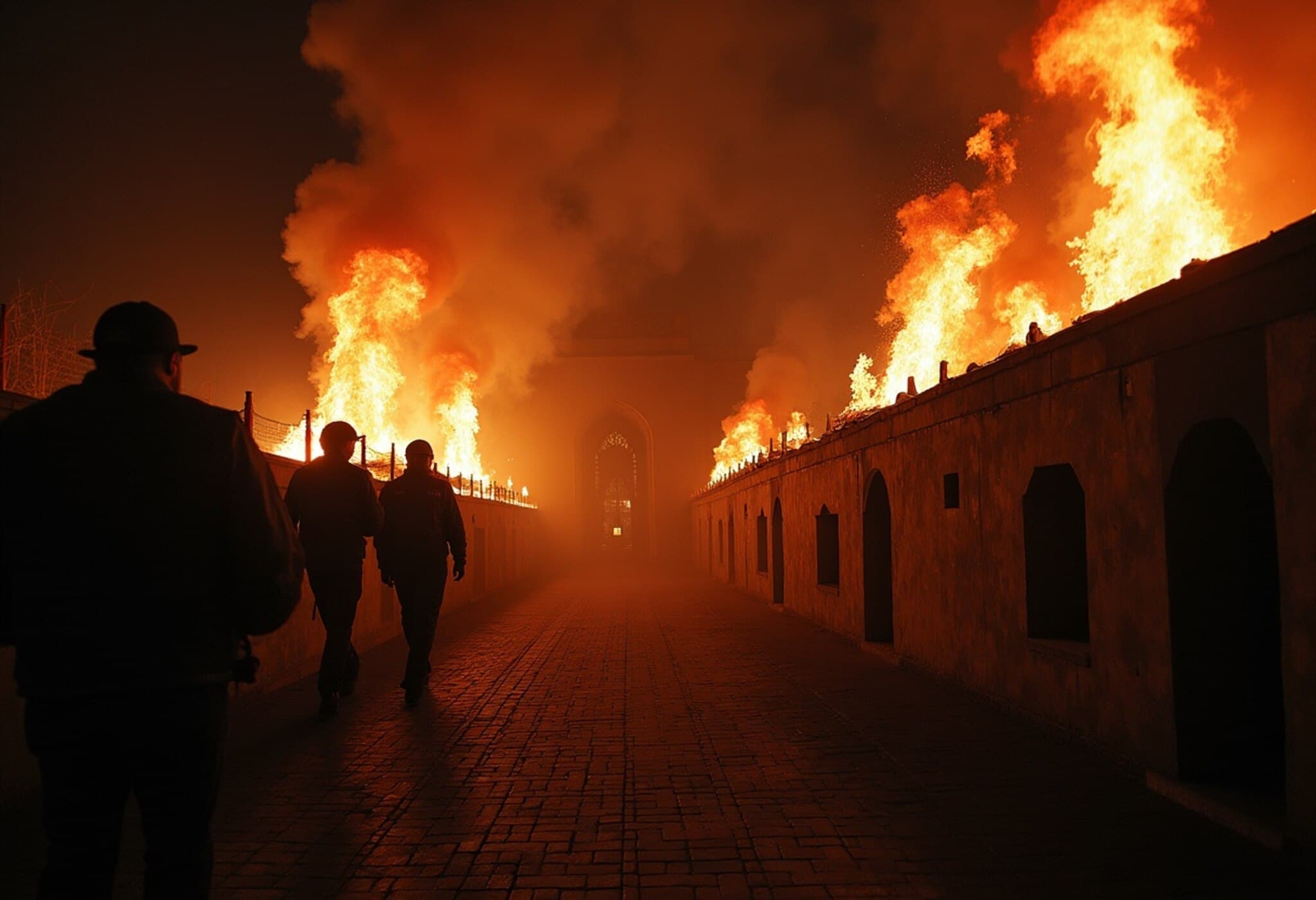Iran's Chilling Warning to Trump Over Potential Sleeper Cell Attacks
In a tense prelude to Operation Midnight Hammer, Iran reportedly warned then-US President Donald Trump of possible retaliatory attacks inside the United States through sleeper cells if American forces struck Iranian nuclear facilities. This alarming message surfaced amid escalating hostilities centered on Iran's nuclear program.
What Are Sleeper Cells and Why the Concern?
Sleeper cells are covert groups embedded within the general population, living ordinary lives undetected. They remain inactive until triggered by handlers to execute espionage or terrorist missions. Sometimes, they can remain dormant for years or even decades, making them exceptionally difficult to identify or neutralize.
According to reports, Iran conveyed this threat through intermediaries during the recent G7 Summit in Canada, underscoring their readiness to activate these cells if the US launched attacks on key nuclear sites such as Natanz, Fordow, and Isfahan.
Heightened US Alert Amid Growing Threats
The day the United States initiated strikes on Iranian nuclear installations, a federal law enforcement agency cautioned that the danger posed by sleeper cells was at an unprecedented level. The US Customs and Border Protection (CBP) issued a memo highlighting the entry of thousands of Iranian nationals into the US, many potentially operating under the radar.
Additionally, the Department of Homeland Security (DHS) warned that ongoing tensions with Iran have escalated the domestic threat environment considerably. DHS officials cautioned that if Iranian leadership issued a religious edict calling for retaliation, attacks targeting American soil could increase.
Potential Threats Extend Beyond Physical Attacks
Alongside fears of physical assaults, US agencies are bracing for cyberattacks aimed at disrupting government networks and possibly targeting current and former officials implicated by Iran in the 2020 killing of General Qasem Soleimani.
What This Means for US Security
The convergence of direct military actions against Iranian nuclear sites and prior warnings about sleeper cells signals a precarious phase in US-Iran relations. The possibility of covert operations within American borders demands vigilance and preparedness across federal agencies.
In essence, the warnings are a stark reminder of the complexity and risks surrounding geopolitical conflicts that can spill over domestically, challenging traditional notions of homeland security.



















